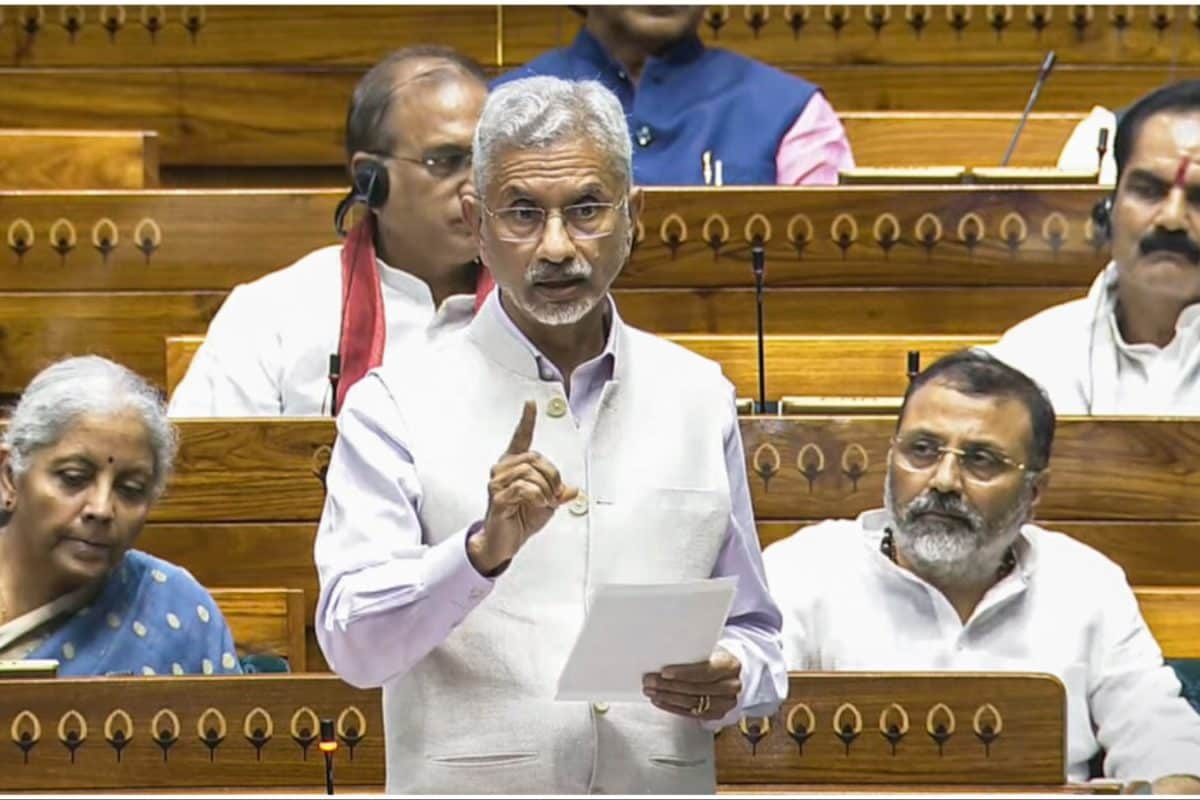

During the Lok Sabha debate on Operation Sindoor, External Affairs Minister S. Jaishankar asserted that terrorism is now a key item on the global agenda, largely due to the Modi government's diplomatic efforts. He highlighted several diplomatic wins for India in the wake of the Pahalgam attack and during Operation Sindoor.
Jaishankar emphasized that Operation Sindoor represented a "new normal" in India's counter-terrorism response. He stated that the objective was to send a clear message to terrorists and those supporting terrorism. According to Jaishankar, this message was delivered effectively on May 7th, referencing India's strike on terrorist targets.
The External Affairs Minister outlined the diplomatic strategy employed by India following the Pahalgam massacre. He noted that India proactively addressed the issue at the UN Security Council, where Pakistan is a non-permanent member. Jaishankar pointed out that the Security Council strongly condemned the terrorist attack, affirming that terrorism constitutes a major threat to international peace and security and stressing the need to hold perpetrators accountable.
Jaishankar also highlighted that Indian diplomacy was instrumental in ensuring that The Resistance Front (TRF), which claimed responsibility for the Pahalgam attack and was defended by Pakistan, was designated as a global terrorist organization by the US government. He further noted that both the Quad and BRICS nations condemned the Pahalgam massacre, with President Putin denouncing it as a crime without justification.
The Minister addressed claims about a ceasefire, clarifying that US Vice President JD Vance contacted Prime Minister Modi on May 9th to warn of a potential Pakistani attack. Jaishankar stated that PM Modi responded by saying that any such attack would be met with an appropriate response from India. He added that on May 10th, India communicated that any ceasefire request from Pakistan must be made through their Director General of Military Operations (DGMO), which is how the request was eventually received. Jaishankar also refuted suggestions of any connection between trade and the events surrounding Operation Sindoor in discussions with the US.
Jaishankar pointed out the broad international support India received, noting that only three out of 193 UN member nations opposed Operation Sindoor. He emphasized the importance of conveying a strong message after the Pahalgam attack, as it had crossed India's "red lines," necessitating a clear indication of serious consequences.
During the debate, Jaishankar also addressed the Indus Waters Treaty, stating that the Cabinet Committee on Security decided it would be paused until Pakistan ceases its support for terrorism. He also stated that the Indus Water Treaty with Pakistan was not to buy peace, but for appeasement. He declared that "blood and water cannot flow together".
Prime Minister Modi also lauded the efforts of the armed forces and criticized the Congress party's stance on taking back Pakistan-occupied Kashmir. He accused the Congress of echoing Pakistani narratives and questioning the armed forces. Modi emphasized the government's commitment to self-sufficiency in the defense sector and criticized the opposition's reaction to counter-terrorism operations. He also directly attacked the Congress, stating that the opposition party had become reliant on Pakistan for issues and that its allies have unfortunately become spokespersons of Pakistani propaganda. He also stated that no global leader interfered in Operation Sindoor.
However, the Congress launched a counter-attack, questioning Modi's silence on Donald Trump's claims of mediating between India and Pakistan. Congress leaders accused Modi of evading direct responses on Trump's assertions and failing to acknowledge China's support to Pakistan.